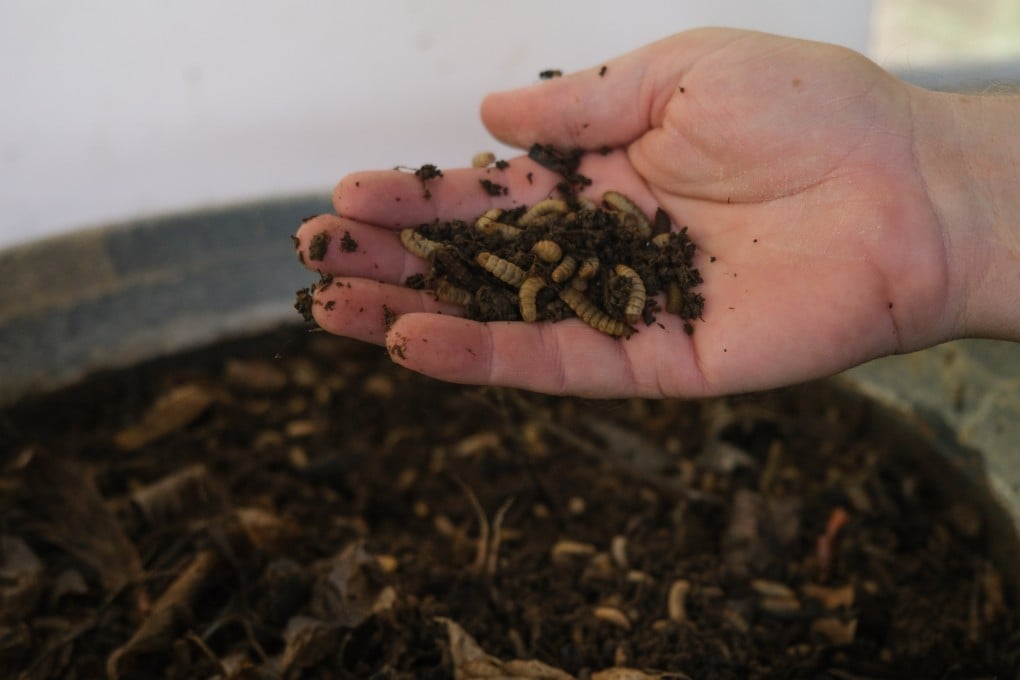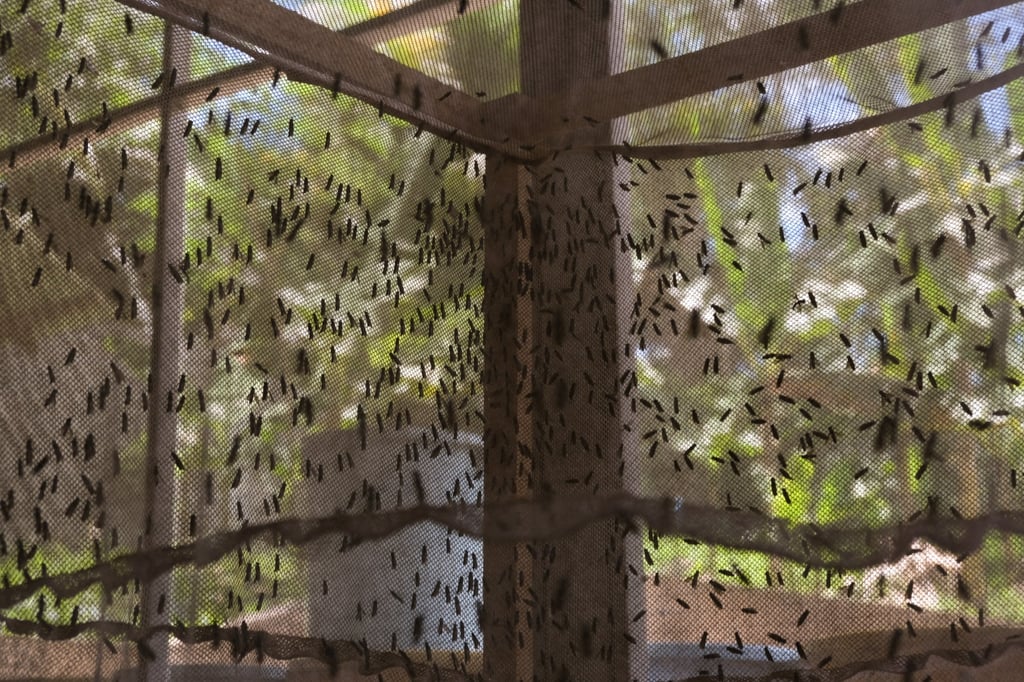Muck not yuck: Fly larvae could be solution to the Philippines’ landfill, food waste woes
- The black soldier fly’s larvae can break down food waste which accounts for a large chunk of the city of Davao’s daily landfill; plus, larvae excrement can be used as a fertiliser
- However, officials are mulling building an expensive waste-to-energy plant, aware that the city’s sole rubbish dump will be full by 2023; there’d be even more pollution if the plant goes ahead, say environmentalists

Davao city in the Philippines is in a race against time for a solution to its landfill issues. Rapid urbanisation and poor separation of waste are taking a toll on the city’s only landfill, which will be full by 2023.
Enter the black soldier fly, whose larvae break down biodegradable waste with their strong mouthparts and powerful digestive enzymes, and effectively decompose matter like the debris of rotten animals and plants.
LimaDOL, a start-up in Davao, is using the flies to handle food waste and develop a chemical-free insect protein that can be fed to poultry.

Global environmentalists oppose this as WTE incinerators “produce very little energy while emitting large quantities of climate pollution”, according to international environmental network Gaia.